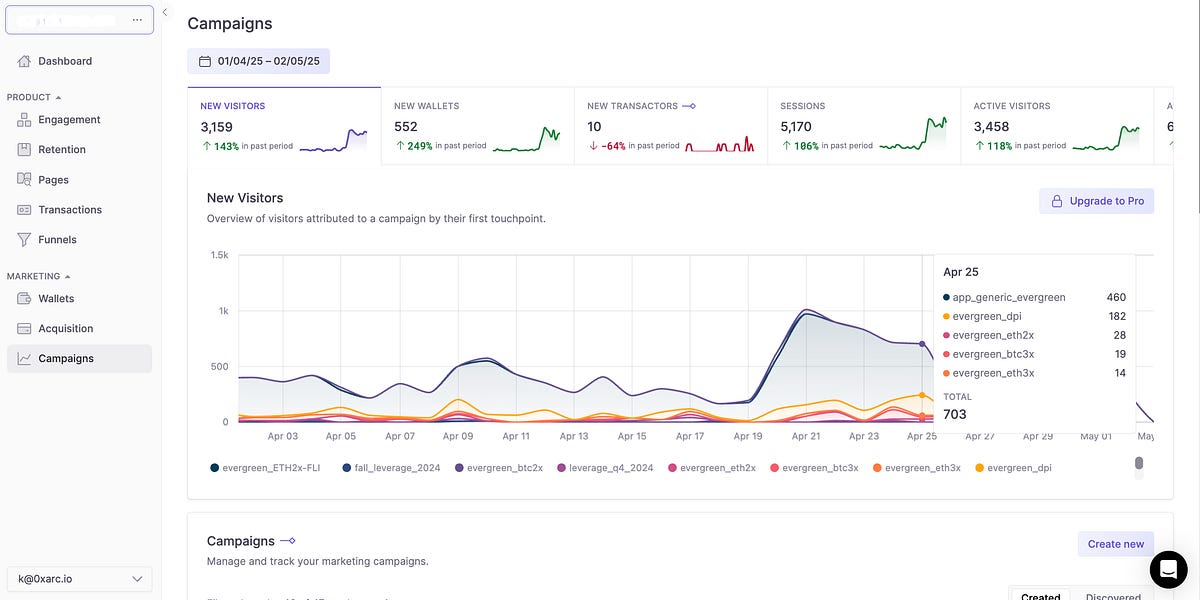OVERVIEW
On November 7, 2022, the United States District Court for the
District of New Hampshire ruled that the digital asset LBRY Credits
(LBC), offered to purchasers by LBRY, Inc., is an unregistered
security for U.S. federal securities law purposes. This summary
judgment follows a March 2021 Securities and Exchange Commission
(SEC) enforcement action in which the agency claimed
that LBRY’s offer and sale of LBC violated Sections 5(a) and
5(c) of the Securities Act of 1933 prohibiting unregistered
offerings or sales of securities in interstate commerce. Ruling in
favor of the SEC, the court determined that LBRY offered LBC as a
security and rejected LBRY’s argument that it lacked “fair
notice.”
BACKGROUND
LBRY is the blockchain protocol on which the LBRY Network,
including media platform Odysee, is built. Blockchain is a technological system in which
a digital list of records is stored across a decentralized network
of computers. Blockchain is the primary technology of
cryptocurrencies but can be used to store a wide variety of
information. LBC, LBRY’s native token released in 2016, is used
to compensate LBC miners as well as reward viewers and creators
alike for using the LBRY Network.
In March 2021, the SEC filed an enforcement action against LBRY
alleging that the company did not file required registration of its
LBC offerings with the SEC. Raised on both parties’
cross-motions for summary judgement was whether LBRY offered LBC as
a security and whether the SEC gave LBRY fair notice that its
offerings were subject to securities laws.
ISSUES
LBC As a Security
In ruling that LBRY offered LBC as a security, the court relied
on the definition of an “investment contract” established
in the seminal U.S. Supreme Court decision SEC v. W.J. Howey
Co. As discussed in a previous Non-Fungible Insights post,
“First Civil Litigation in the U.S. Brought in
Response to the Crash of the Stablecoin TerraUSD“, under
the Howey test, a financial instrument is an investment
contract, a type of security, when there is: (1) the investment of
money; (2) in a common enterprise; (3) with an expectation of
profits; (4) derived solely through the efforts of others. Here,
LBRY disputed only the third and fourth prongs of the
Howey test.
(a) LBRY’s Representations to Potential
Purchasers
In favor of the SEC, the court emphasized a series of LBRY
public communications with potential purchasers that LBC would grow
in value through the company’s managerial and entrepreneurial
efforts. The court delved into numerous LBRY blog posts, emails
between company officials and potential purchasers, LBRY’s
communications with Reddit users, interviews with company
officials, and essays- all content that the court determined showed
an indication of an expectation of profits. For example, the court
highlighted a blog statement by LBRY’s CEO, Jeremy Kauffman,
where he placated LBC holders when the LBC price was down in
November 2016. The court noted that Kauffman was publicly
encouraging LBRY’s holders to “hold onto [their LBC] (or
spend it to buy some of [LBRY’s] great content” and
stressed LBRY’s long term goal of “building a product that
is compelling enough to change people’s habits” that could
even replace YouTube and Amazon. The court held that LBRY had been
sending a consistent message to its holders that “the
long-term value proposition of LBRY is tremendous,” ever since
the launch of the LBRY Network in June 2016.
(b) LBRY’s Business Model
The court likewise held that even if LBRY had not been so public
about its profit expectations, LBRY’s profitability necessarily
turned on its ability to grow LBC’s value through the
company’s managerial and entrepreneurial efforts. The court
explained that any reasonable purchaser would understand that,
since the beginning, LBRY’s profitability would necessarily
turn on the company’s ability to grow the value of LBC by
increasing the usage of the LBRY Network. To support its holding,
the court once again pointed to Kauffman’s prior statements and
posts on LBRY’s website: highlighting one post that stated
“since Credits only gain value as the use of the protocol
grows, the company has an incentive to continue developing this
open-source project.”
(c) Consumptive Uses for LBC
Last, the court explicitly rejected LBRY’s arguments that
LBC could not be a security because LBC purchases were made with
consumptive intent. The court rejected statements from several LBC
holders explaining that they had purchased LBC with limited
relevance in determining whether LBRY was offering LBC as a
security. Instead, the court stated that the inquiry should be
focused on what the purchasers were offered or promised, and the
court made it clear that “nothing in the case law suggests
that a token with both consumptive and speculative uses cannot be
sold as an investment contract.”
Fair notice by the SEC
The court then considered whether LBRY received fair notice from
the SEC that its offerings were subject to federal securities laws.
LBRY argued it lacked fair notice that its issuance of digital
tokens would be subject to registration requirements because the
SEC had previously focused its guidance and enforcement efforts
exclusively on the issuance of digital assets in the context of
initial coin offerings (ICOs).
Rejecting this argument, the court noted that LBRY did not offer
a persuasive reading of Howey that only ICOs are subject
to registration requirements. The court also noted that the SEC has
never suggested companies need to comply with registration
requirements only when conducting an ICO. Determining that
“the SEC…based its [enforcement action] on a straightforward
application of a venerable Supreme Court precedent” and not
“a novel interpretation of a rule that by its terms does not
expressly prohibit the relevant conduct,” the court found that
LBRY received fair notice that its unregistered issuance of LBC was
unlawful.
IMPLICATIONS
This ruling, while limited in its precedential impact, is likely
to embolden the SEC’s aggressive position regarding which
digital assets constitute securities under U.S. law. As the court
noted, “this is the first case in which the SEC has attempted
to enforce the registration requirement against an issuer of
digital tokens that did not conduct an ICO.” Focusing on the
“economic realities” of LBRY’s offerings rather than
the transactions’ forms, the court concluded that while
participation in an ICO may be relevant to the Howey
analysis, it alone is not dispositive. There are several other
pending civil and governmental actions concerning the same core
issue, and it remains to be seen whether other courts will take the
same position.
Digital assets, such as LBC, will likely be subject to greater
scrutiny and regulatory enforcement in the near future as the SEC
continues focused efforts on digital asset issuers.
We will continue to monitor developments in the digital assets
and blockchain technology industry and provide friends of the firm
with updates as they become available.
Winston & Strawn Associate Jacob Botros and Law Clerk
Uriel Lee contributed to this blog post.
The content of this article is intended to provide a general
guide to the subject matter. Specialist advice should be sought
about your specific circumstances.
Read More: news.google.com









 Bitcoin
Bitcoin  Ethereum
Ethereum  Tether
Tether  XRP
XRP  Solana
Solana  USDC
USDC  Dogecoin
Dogecoin  Cardano
Cardano  TRON
TRON  Lido Staked Ether
Lido Staked Ether  Wrapped Bitcoin
Wrapped Bitcoin  Sui
Sui  Chainlink
Chainlink  Avalanche
Avalanche  LEO Token
LEO Token  Stellar
Stellar  USDS
USDS  Wrapped stETH
Wrapped stETH  Shiba Inu
Shiba Inu  Toncoin
Toncoin  Hedera
Hedera  Bitcoin Cash
Bitcoin Cash  Hyperliquid
Hyperliquid  Litecoin
Litecoin  Polkadot
Polkadot  WETH
WETH  Monero
Monero  Binance Bridged USDT (BNB Smart Chain)
Binance Bridged USDT (BNB Smart Chain)  Bitget Token
Bitget Token  Ethena USDe
Ethena USDe  Pi Network
Pi Network  Coinbase Wrapped BTC
Coinbase Wrapped BTC  WhiteBIT Coin
WhiteBIT Coin  Wrapped eETH
Wrapped eETH  Pepe
Pepe  Dai
Dai  Bittensor
Bittensor  sUSDS
sUSDS  Aptos
Aptos  OKB
OKB  Uniswap
Uniswap  BlackRock USD Institutional Digital Liquidity Fund
BlackRock USD Institutional Digital Liquidity Fund  NEAR Protocol
NEAR Protocol  Ondo
Ondo  Aave
Aave  Gate
Gate  Cronos
Cronos  Internet Computer
Internet Computer